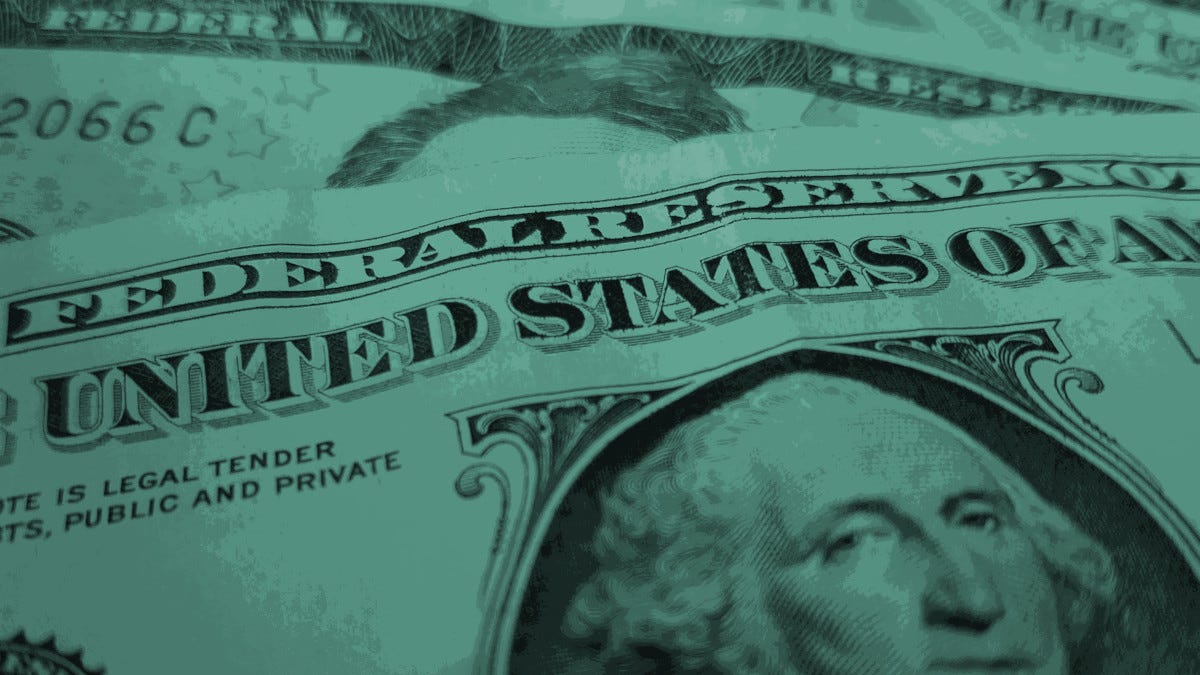The most important nearly-thankless job
On inflation, political incentives, and the enormous influence of duty in keeping a country strong
Duty is performed in many and varied ways, from the adult child caring for an aging parent to the reliable precinct poll worker to the soldier defending a forward operating base far from home. We Americans live in a political system that celebrates liberties, but which depends far more upon the tug of duty than it's comfortable to admit.
■ One of the highest duties in the entire country is carried out almost thanklessly in plain sight. The members of the Federal Reserve's Federal Open Market Committee, particularly the Chair, execute quite nearly the most important work short of commanding the armed forces.
■ Excitement over the fresh good news about inflation (it's at long last below 3%) will undoubtedly echo much louder than any thanks for the dutiful members of the Fed. That may be a mistake. An independent central bank is essential to the welfare of our enormous economy. But it only remains independent in part because it earns legitimacy through performance.
■ The temptation politicians feel to challenge Fed independence is a strong as it is predictable. Most of the benefits of capturing control over the money supply are felt up-front, while the pain takes longer to sink in.
■ That's why selfish and shortsighted politicians so commonly threaten to take over the Federal Reserve's central job of managing the money supply. One of the key duties of the Federal Reserve is to be responsible when politicians are not, even if it brings them scorn.
■ It's not as though Fed leaders have nothing better to do. It's hard to imagine a group of people who who could fill their time with highly-paid work (if they wanted it) than those economic gurus.
■ But, mainly, they serve dutifully, and our political and economic systems rely heavily on that sense of duty. We should far more often and far more vocally be grateful for their service, but we probably won't. We would all be quite literally poorer without their efforts.



